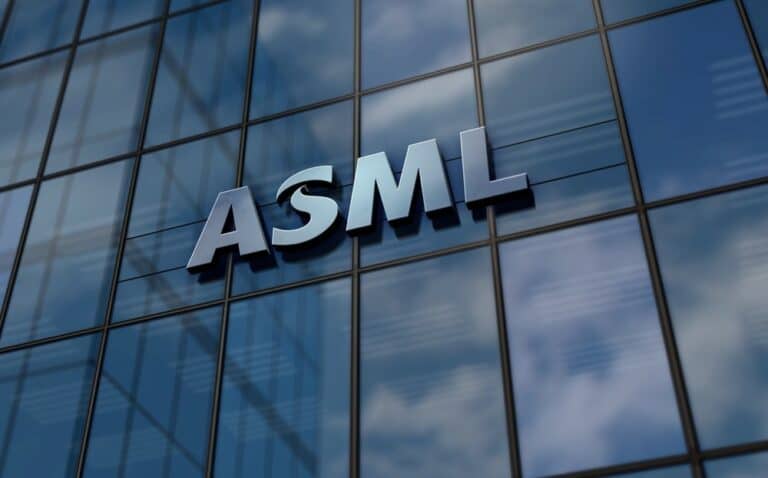The Netherlands has further curtailed export licenses for ASML equipment toward China. In addition, the Veldhoven-based company reportedly scrapped a number of deliveries to that country after U.S. authorities requested it do so.
Speaking to Reuters, ASML confirmed that two machines will not reach a “small number of customers in China.” Specifically, the machines in question are the NXT:2050i and NXT:2100i. They’re intended for DUV lithography, a technique also enabled by equipment from Nikon and Canon.
Cancelled at US request
Earlier, it emerged that exports to China have been further limited under pressure from US authorities. Bloomberg sources state that US President Biden’s administration made the request to ASML to cancel shipments before the January 1 deadline. It involved three DUV orders for which the chip company had already secured licenses. That deadline date was previously agreed upon so ASML could honour existing contracts.
ASML’s most advanced machinery, such as the latest high-NA EUV equipment, was already unavailable to China. U.S. authorities fear China’s rising power in chip production. Efforts are being made through export restrictions to ensure that Beijing’s development of modern processors, including for military purposes, is further constrained. Although the new export restrictions have officially been imposed by the Netherlands, the US can unilaterally impose sanctions without the Dutch authorities having a say. This is because several components in ASML machines are built in America.
Although EUV scanners are now considered the most advanced machines in ASML’s arsenal, DUV sales have been generating billions in revenue for years. For example, it brought in 5.4 billion euros from DUV in 2020, while EUV generated “only” 4.4 billion at the time.
Not always successful
Such restrictions have been anything but welcome for ASML. It’s not just bad for the company’s bottom line but also supposedly ineffective in curbing China’s development over time. Departing CEO Peter Wennink stated in early 2023 that the Chinese will develop their own technology to fight the effects of the restrictions.
Chip companies have different interests than the U.S. authorities, as various examples show. For instance, Nvidia launched the RTX 4090D a few days ago for the Chinese market. It’s a slightly slower variant of the most powerful consumer GPU Nvidia supplies. Because the so-called TTP (Total Processing Performance) is reduced by 11 percent compared to the stalled RTX 4090, the new product circumvents export restrictions from Washington. Secretary of Commerce Gina Raimondo had warned in early December that the restrictions would be reviewed if Nvidia took such a step.
Also read: ASML makes good on its promise: first High-NA EUV scanner heads to Intel
